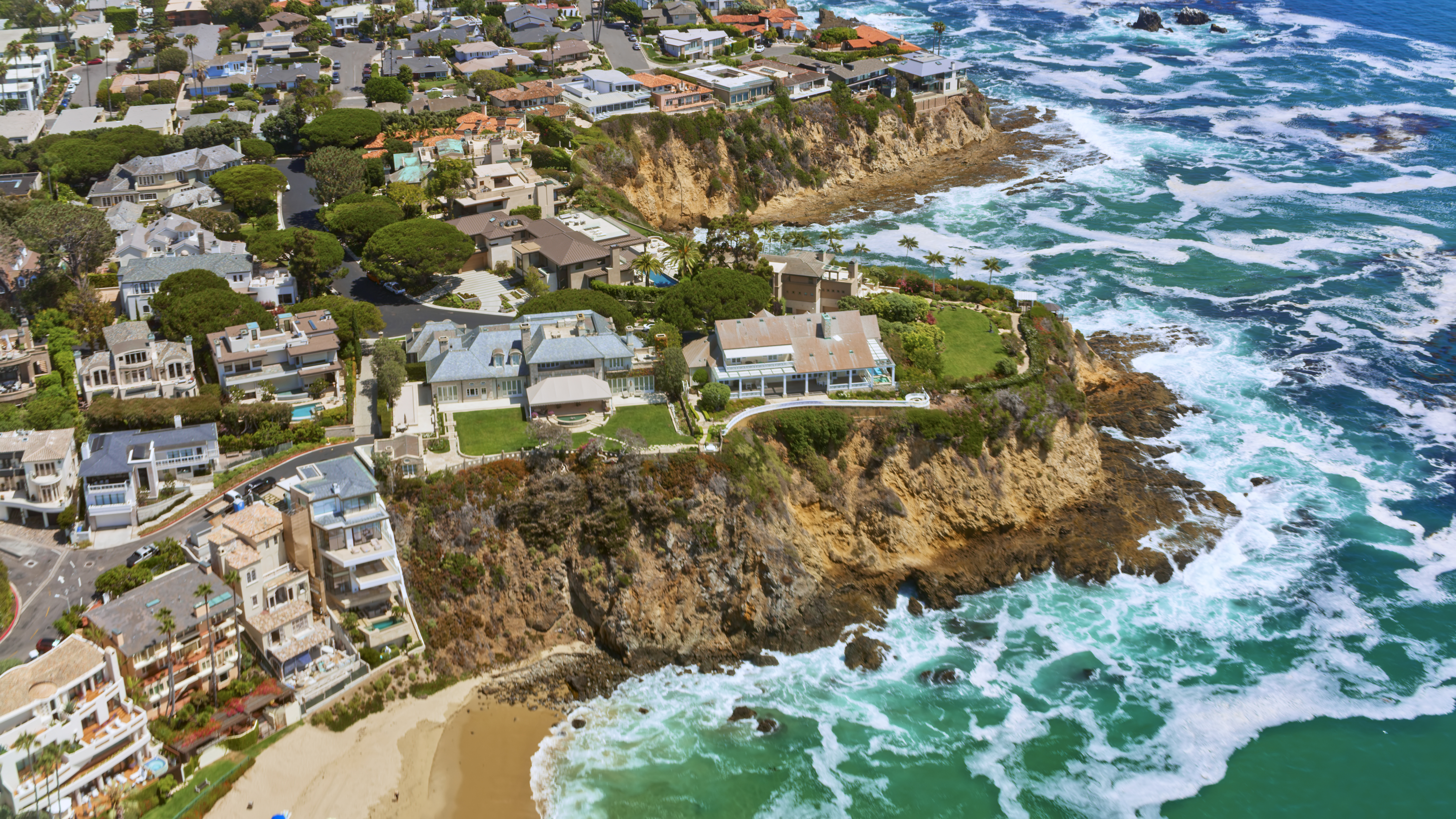
Get matched with top earthquake retrofitting specialists in Jessieville, AR
Enter your ZIP and get matched with up to 5 pros
Need a pro for your earthquake retrofitting project in Jessieville, AR?
Find Earthquake retrofitting specialists in Jessieville
iInspect, Home Inspection Services
iInspect, Home Inspection Services
Certified Master Inspector: We provide home inspections tailored to the needs of home buyers, sellers, mortgage lenders, and insurance companies. Our company is licensed and insured. If you’re looking for thorough inspections, look no further than iInspect. We work closely with each client to ensure they understand our services and the inspection process.
Certified Master Inspector: We provide home inspections tailored to the needs of home buyers, sellers, mortgage lenders, and insurance companies. Our company is licensed and insured. If you’re looking for thorough inspections, look no further than iInspect. We work closely with each client to ensure they understand our services and the inspection process.
The Jessieville, AR homeowners’ guide to earthquake retrofitting services
From average costs to expert advice, get all the answers you need to get your job done.
 •
•Discover how much it costs to repair earthquake damage. Learn about average costs, key factors, and ways to save on earthquake repairs for your home.

A seismic shut-off valve stops the flow of gas during an earthquake, protecting your home from fires and explosions. Here’s what your earthquake valve installation cost will look like.
 •
•Earthquake retrofit costs vary based on home size, location, and project scope. Learn what impacts your price and how to budget for a safer, more secure home.

Fear not! Steady the shakes, tame the tremors, and get earthquake-ready while we give you a better idea of how long earthquake retrofitting takes.

Earthquake gas shut-off valve installation is important for any home in earthquake-prone areas. Explore how they’re installed here.

If you live near a fault line, your home may need an earthquake retrofit. Find out what you need to know about the process, from costs to who you should hire.
- Window Cleaning in Jessieville
- Snow Removal in Jessieville
- House Cleaning in Jessieville
- Lawn Mower Repair in Jessieville
- Trampoline Assembly in Jessieville
- Sink Installation in Jessieville
- Plumbing in Jessieville
- Electrical in Jessieville
- Handyman Service in Jessieville
- Landscaping in Jessieville
- Roofing in Jessieville
- Locksmiths in Jessieville
- Hvac in Jessieville
- Lawn Care in Jessieville
- Air Duct Cleaning in Jessieville
- Painting in Jessieville
- Appliance Repair in Jessieville
- Lawn And Yard Work in Jessieville
- Interior Painting in Jessieville
- Ev Charger Installer in Jessieville
- Drain Cleaning in Jessieville
- Contractor in Jessieville
- Gutter Cleaning in Jessieville
- Pressure Washing in Jessieville
- Boiler Repair in Jessieville
- Flooring in Jessieville
- Exterior Painting in Jessieville